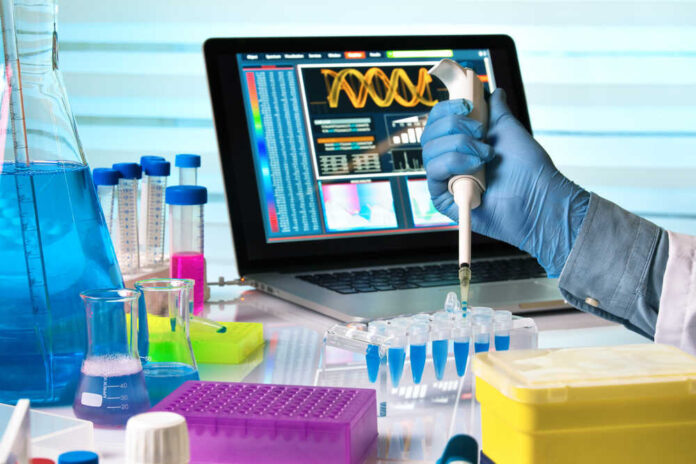The US-based biotech company GRAIL has developed a multi-cancer early detection (MCED) test called Galleri that analyzes DNA to look for changes in genes that are associated with the presence of cancer.
According to Healthline, the Galleri test can identify cancer cells in asymptomatic patients with a higher risk of developing cancer.
The research found that the test can detect more than fifty types of cancer, including liver, pancreatic, and kidney cancers for which early detection is difficult. The test is also able to identify cancers that doctors rarely screen for, including some types of soft tissue sarcoma and ampullary cancer.
The test analyzes DNA that is shed into the bloodstream by both normal and cancerous cells, looking for epigenetic changes that affect how genes operate.
Not only does the Galleri test detect cancer signals, but it also provides two possible origins to better inform any additional diagnostic evaluation.
According to Reason, multi-cancer early detection could be a significant advance in cancer diagnostics since the only recommended cancer screening tests that currently exist are the ones for lung, breast, colorectal, prostate, and cervical cancers.
About 70 percent of cancer diagnoses and deaths occur among patients with cancers that do not have a recommended screening test.
There are several clinical trials underway for the Galleri test, including a randomized controlled trial through the National Health Service in Britain that will include 140,000 participants.
According to a 2021 study, multi-cell early detection screening could reduce late-stage cancer diagnoses by more than 50 percent among Americans aged 50 to 79. The study found that the tests would reduce 5-year mortality by 39 percent which would reduce overall cancer-related deaths by 26 percent.
Approximately 78 percent of all cancer diagnoses in the United States occur in people over the age of 55.
The Galleri test is not covered by insurance and costs $949.


















